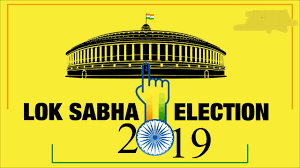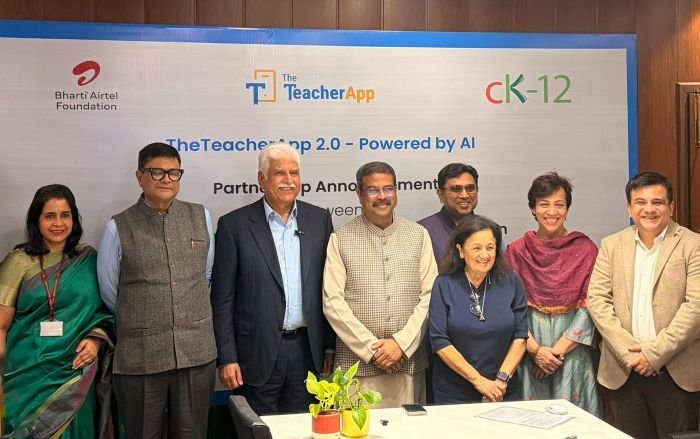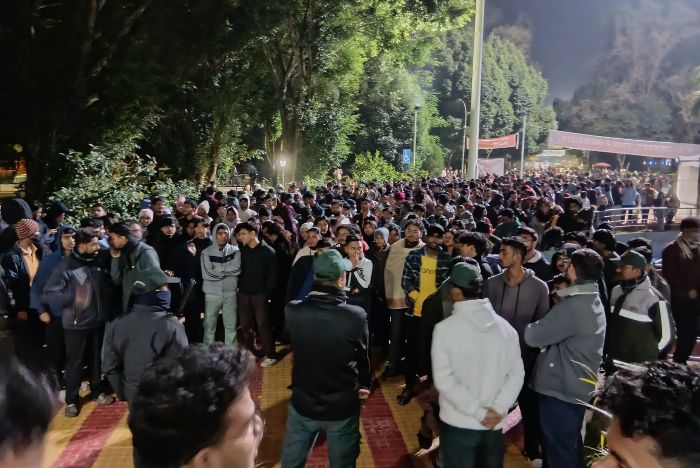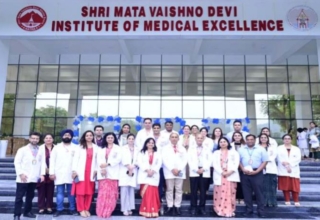
With most of the political parties in the electoral contest releasing their manifestoes and voting phases having commenced, it is an interesting comparative study to arrive at some inference on how the country’s political class has evolved and responded to both the national discourse on education and disruptive technological impact on it.
To say that education has been prioritized or made a national political issue will be an exaggeration to begin with. Education continues to be in the bottom of the pyramid and on the expected lines ritualistic, rhetoric and relegated. Well that sums up the average view of education by politicians.
Well, the ruling BJP has reasserted learning outcomes as a priority thereby implying that quality of education will be its focus in school education. But there is nothing to convey that overall education as a vehicle of development will be given any attention. It talks about 50 more institutions of eminence after 10 universities got that tag in a tardy and long drawn process of five years. Increasing capacity of higher education institutions to accommodate more students has also been promised.
Congress in contrast has said that states will be given more role in education and school education will be transferred to state list even as it talks about extension of Right to Education on both ends to include 3-18 years of age. It also seeks more role for public schools and a supplementary role for private players. Along with CPI(M), Congress also talks about increasing spend on education to 6% of GDP.
CPI(M) is more steadfast and clear in its articulation of state role in education and advocates common school system while promising extension of RTE Act to preschooling as well secondary classes.
Regional parties like Samajwadi Party and Trinamool Congress lay emphasis on technology role in spreading quality education while recognizing the critical role of education in youth empowerment.
There is likelihood of any of the three scenarios emerging after the election results are declared on May 23. One is NDA is voted back to power. Two, the likeminded opposition combine out numbers it and forms the government and three there is a hung parliament that needs a lot of realignments to form next government. And, in all these three situations, the policy environment for education will have different connotations. At best, it would be a continuum of the present with a bit of tinkering. There is also possibility of a national policy sooner than later if BJP comes to power as the drafts are already there and if it doesn’t even then a policy announcement is most likely.
While that much is about assessment of education in relation to current election, yet there is an important periodic aspect to evolution of national education narrative. The rights based approach which dominated the first decade of this century, and was sought to be downplayed in the last five years as a strategic shift to market economy has infused a lot of technology into education delivery system even as new technologies have rendered almost everything old obsolete and changed everything from mindset to actual process and content. The values have changed, the methodologies have changed, and the aspirations have changed. We have arrived at education 4.0.
The new government has to really go for a realignment of education policies that would: a) recognize the critical role of higher education in shaping economy of future and country’s global stature, b) consciously avoid a low skilled manpower trap, c) revitalize ITI ecosystem and integrate vocational education with schooling, d) universalize secondary education in the first opportunity and d) invest in all children generously. Then you lay foundations of a lasting development.








